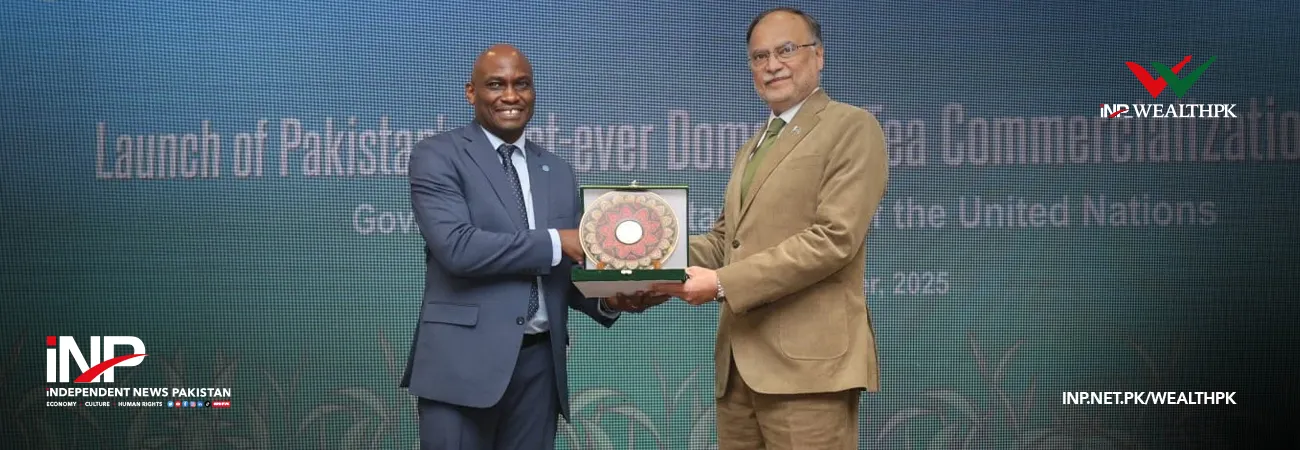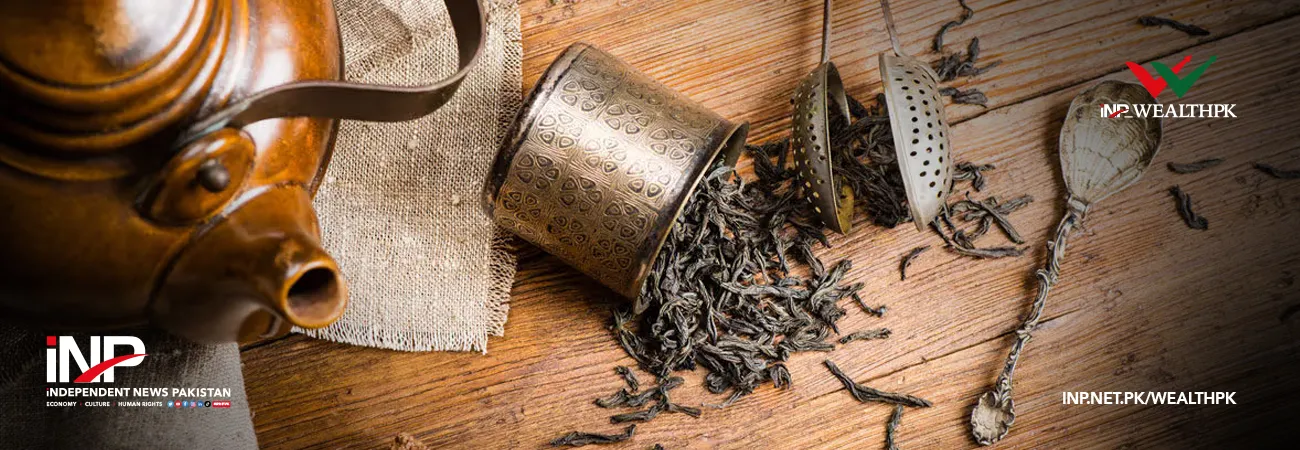آئی این پی ویلتھ پی کے
LAHORE, Dec 16 (INP) Chief Justice of the Supreme Court Justice Mian Saqib Nisar has categorically stated that there is neither any pressure on judiciary nor it is part of any plan in giving verdicts in high profile cases. "All organs of the state are integrated and linked with democracy. If there is no democracy then we will have no Constitution. We have taken an oath to protect the Constitution. It is our responsibility to protect the Constitution." The chief justice said. Stressing on the importance of democracy, Justice Nisar said that the judiciary has vowed to protect the Constitution and would continue to uphold democracy. Addressing a Pakistan Bar Council seminar her on Saturday, he said “We have made all decisions independently with our conscience,” adding that people should stop criticising the judiciary for verdicts against them. “Judges are not part of any plan or any conspiracy. The people who review or comment on decisions of the court should read the verdict first”, he said. The chief justice said those against whom a judgement has been issued have the right to criticise the reason behind the verdict, but he questioned the insinuations of the "judiciary being part of a plan" or "being under pressure". On the problems faced by the justice system, he said: “Delay is the biggest vice of our system.” He also claimed that some lawyers charge an exorbitant amount from the people. "Some lawyers charge as much as Rs15million," he pointed out, urging that justice should be dispensed at a lower amount. "Give a 50 percent discount to the people," he added. Speaking about the judges’ appointment issue, he said that it has been pointed out that some appointments are incompetent. He reasoned that the process of making an appointment requires feedback from bar members, government, and then the judges. “We ask the bar first because we don’t want judges’ viewpoint to affect bar.” The CJP shared that judges are evaluated on three main qualities; integrity, knowledge of law and conduct. “Integrity is the most important thing for a judge.” However, he clarified his stance that judges’ competency will be reviewed but he won’t allow appointments to increase membership of a certain party. “Most people want to bring their own person so they challenge the current appointments,” he said, sternly adding “I will not standby such appointments.” He accepted that it is possible some incompetent people were hired. “But we must investigate how we let this happen.” He remarked that the conditions are quite hard for judges these days, adding “it has become hard for a judge to survive.” He added, “it is my responsibility to improve the institution. However, I want utmost honesty and honesty of purpose from both lawyers and judges.” The Chief Justice spoke in detail about functioning of the superior judiciary and sought cooperation of the bar for speedy disposal of cases. He made it clear that if there is no democracy, there will be no constitution and said he has made it known about it in his judgements . He said the courts made all decisions according to law and the constitution and pointed out that all systems in the country are linked with democracy. Making clear that the judiciary is neutral, he said had the judges not been impartial; the verdict in the Hudaibiya case would not have been as delivered. He said he can say on oath that he was not aware that Hudaibiya verdict was also being given on Friday. He said the judiciary is akin to an elder, wise person whose advice everyone seeks in village. Whatever decision he gives, is accepted and not criticised or abused. . “Judiciary is your baba old, wise man” he said. The Chief Justice asked the bench and the bar to give their best for one year and this would bring a big change in the disposal of cases. He appealed the lawyers to pay attention to cases rather than fee. He said during the last year, two benches were listening important cases in Islamabad and he had to deploy judges at Peshawar, Quetta and Karachi Registries for hearing of cases there. Giving his personal example, Mian Saqib Nisar said he arrives in office at 8 AM and leaves at 8 PM to do his best for the speedy disposal of cases. He was of the opinion that political cases should not be brought to the laundry of the supreme court as that would give chance to poor people to get their cases decided. He gave an example of a widow who got justice about property of her late husband after 17years from the supreme court when she had gone blind. INP/AH












